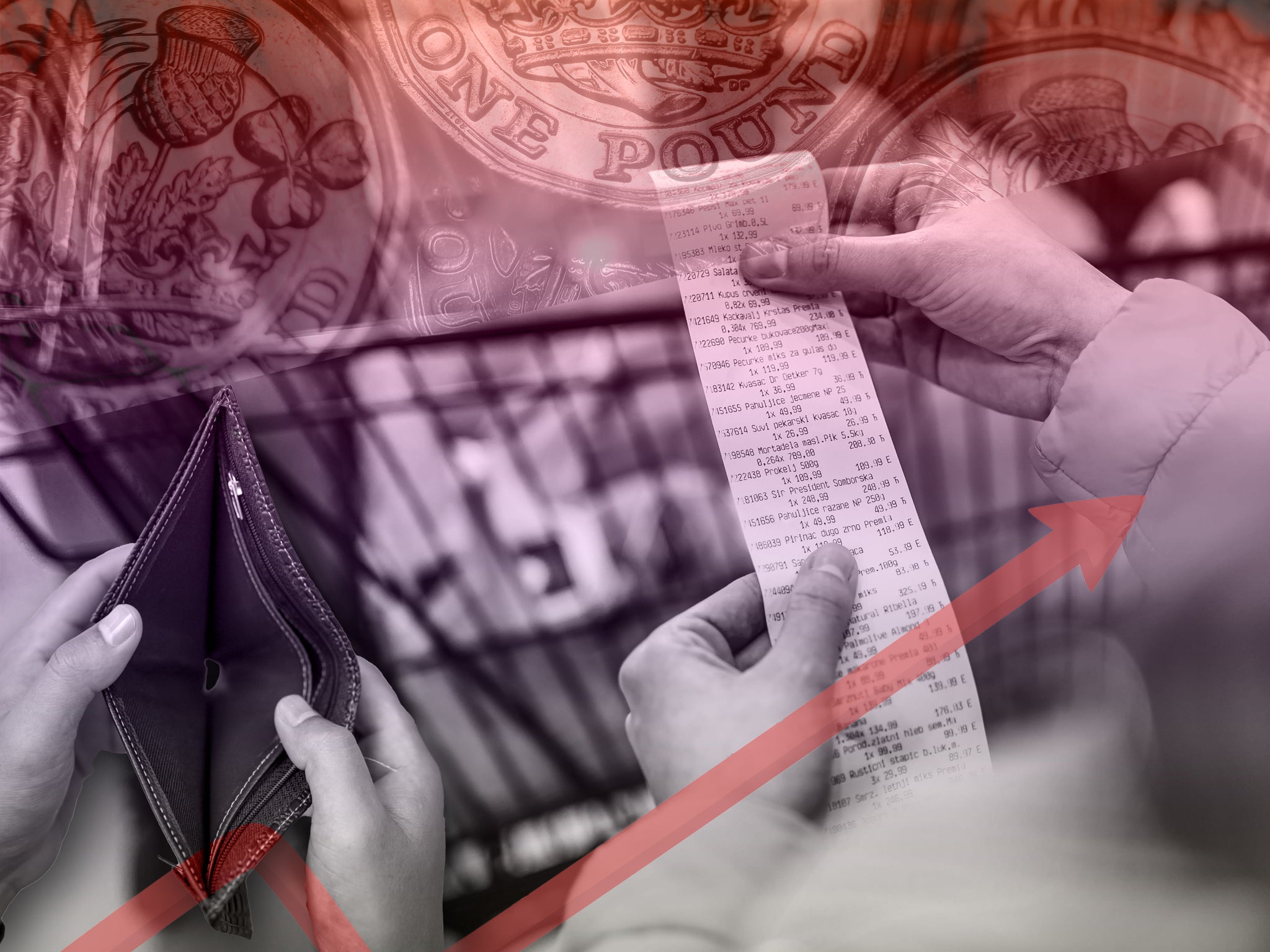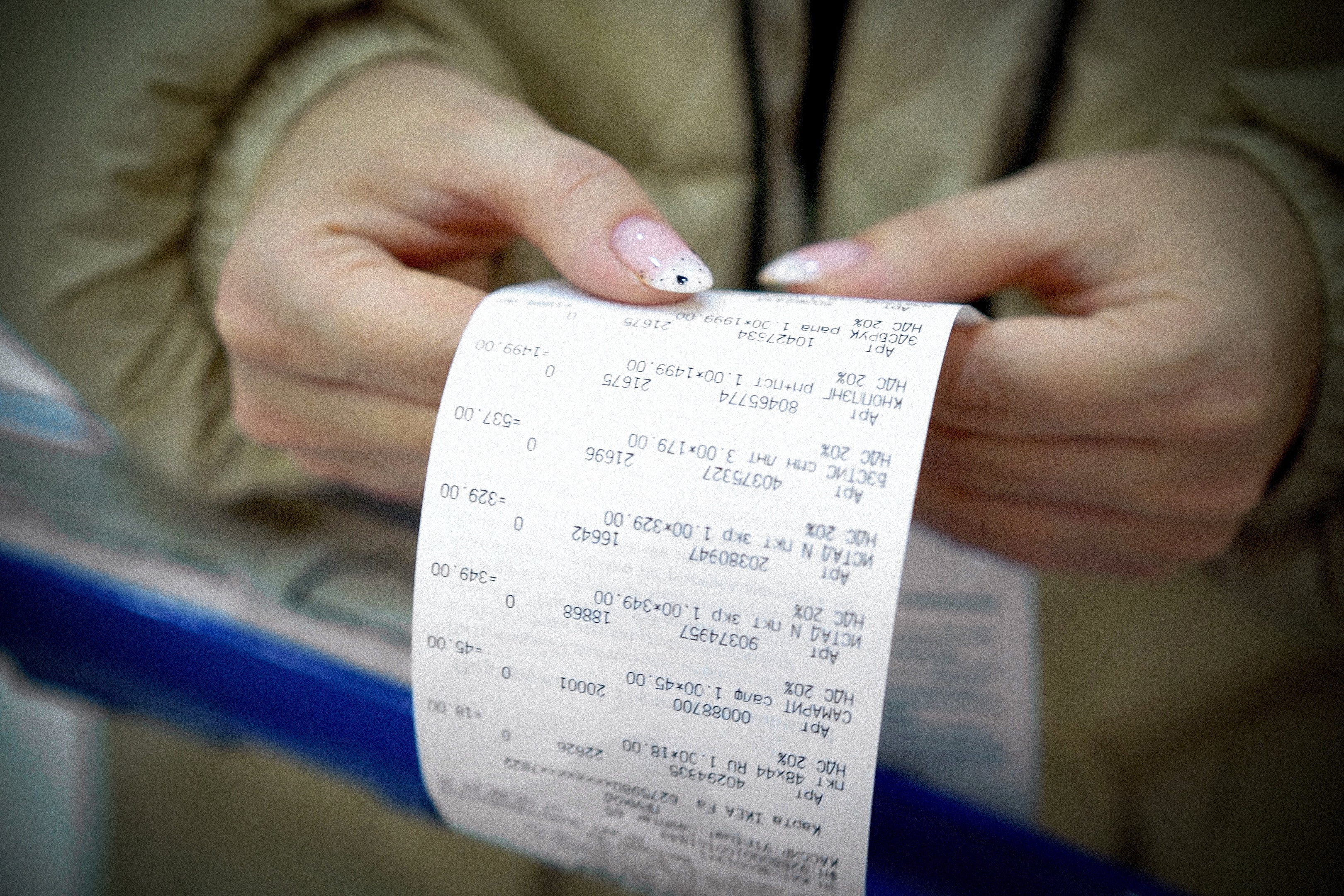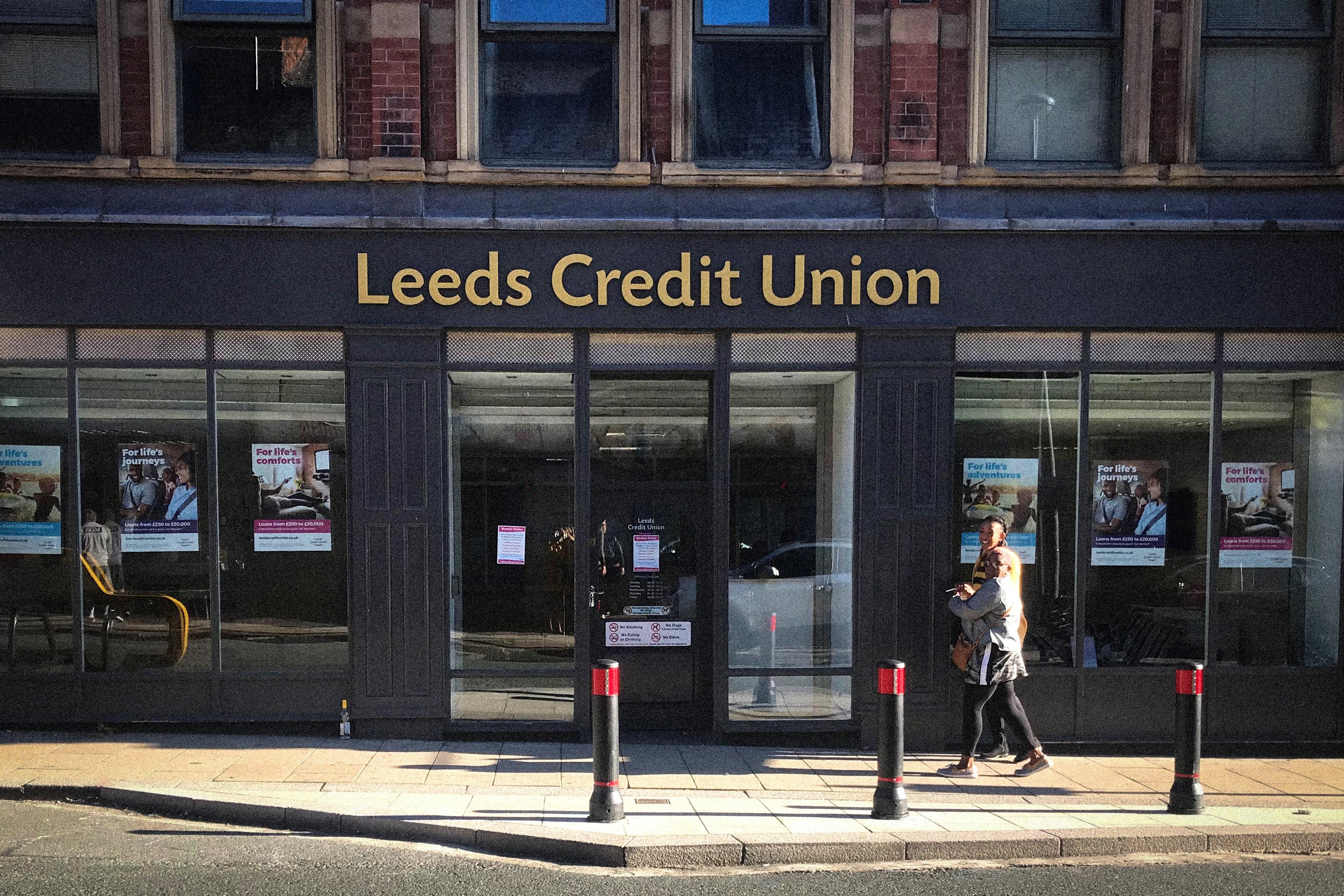The Independent's journalism is supported by our readers. When you purchase through links on our site, we may earn commission.
Intimidation, violence and endless debt: how loan sharks are circling the cost of living crisis
More than half of victims who borrowed from illegal money lenders last year did so to pay for food and fuel. Some of them were soon fearing for their life, writes Polly Dunbar


Last winter, Claire mentioned to a mother at her children’s school that she was struggling financially. “She said she knew someone who could help,” says the 32-year-old. “I was a bit suspicious, but I was also desperate.”
A single mother of two with no contribution from her former partner, Claire had been scraping by on the money she made as a childminder. Then one of the children she looked after left unexpectedly, just as gas and food bills were soaring.
“I already had credit card debt, and I couldn’t make the repayments,” she says. “One of the mums introduced me to John, who said he could lend me £500. He was friendly and I didn’t know what else to do, so I took it. I know it sounds stupid, but I didn’t even realise he was a loan shark.”
Claire’s deal with John was “double bubble”: she would be required to repay a total of £1,000. When she couldn’t pay her second instalment, the sum suddenly rose to £1500. Then, just as quickly, it rose again. Before she knew it, her life had become “a nightmare.”
“The amount I owed kept growing and he became aggressive, banging on my door at nighttime,” she says. “To find the repayments I had to cut down on everything, including heating and food for the kids. He’d say things like, ‘Your kids need you – what would happen to them if you weren’t here?’

“I was absolutely terrified. I couldn’t sleep at night and at my lowest, I felt suicidal. I couldn’t see a way out but to keep paying.”
Claire is one of an estimated three million people to have turned to an illegal money lender in the past three years, as the cost of living crisis has taken hold.
A new survey by polling firm Ipsos for the not-for-profit organisation Fair4All Finance revealed that some 7 per cent of 18 to 75-year-olds said they or someone in their household had borrowed from an unlicensed informal money lender who charges interest – otherwise known as a loan shark. More than 3 million people have borrowed from an unlicensed or unauthorised money lender in the last three years, their research found.
With food inflation running at 14.6 per cent, the demographic being targeted by these lenders has changed. Workers with a median income of £20,000 to £24,999 are better off than the poorest fifth of the population, but rising costs have made them more vulnerable to financial exploitation.
Other figures, from the England Illegal Money Lending Team (IMLT), the specialist branch of trading standards tasked with tracking down loan sharks, showed that over half of victims who borrowed from these lenders last year did so to pay for food and fuel.
Sacha Romanovitch, chief executive of Fair4All Finance, says that illegal lenders are flourishing as a result of a “perfect storm” affecting those who aren’t able to access credit from mainstream banks. Many high-cost yet regulated lenders such as payday loan companies have collapsed in the wake of regulatory clampdowns, at the same time as day-to-day costs began soaring.
“There’s a gap in the need for affordable credit of around £3bn,” Romanovitch says. “The consequence is that millions of people who can well afford to repay a fair loan have been left with fewer safe options. If people need a service and it’s not available, that’s how a black market emerges.”
Although we might assume it could never happen to us, a situation where we might turn to a loan shark could be less distant than we imagine. “If you lose your job, then you miss a couple of credit card payments, you lose your credit rating,” she says. “Suddenly, you can become someone who is deemed too high risk to access products through your bank. And then where do you go?”
The charity Joseph Rowntree Foundation recently reported that 2.8 million low income households had a loan application declined between May 2021 and May 2023. Citizens Advice data highlights a similar trend. Between January and April this year the organisation helped a record number of people with referrals for food banks or emergency charitable grants.
Contrary to the image of loan sharks as murky figures hiding in the shadows, many are known to their victims: a fellow school mum, or a regular in the local pub who seem to appear, as if by magic, when someone is in need.

Others use social media platforms including Facebook, WhatsApp and Instagram to find potential victims. Their offers of help can initially appear innocuous before the stakes rise dramatically.
Illegal lenders charge victims extortionate interest rates of as much as 130,000 per cent, according to the IMLT. “Your volume of money returned is astronomical, you know,” one illegal lender told researchers. “The longer they couldn’t pay you back, the better.”
The consequences for missing payments can be dire, with some criminals threatening physical or even sexual violence. The crimes the IMLT has prosecuted lenders for include money laundering, blackmail, assault and rape.
“The impact on people’s lives can be devastating,” says Catherine Wohlers, liaise manager of the England IMLT. “In one recent case, a woman with four children earned £1088 every month and was giving £900 of it to a loan shark. They don’t care if you can’t pay your rent or buy food for your family. They just want their money.
“Another woman borrows £500 in the middle of every month and has to pay £1000 on pay day. Because she’s paid that £1000, she has to borrow the £500 again. She’s been doing it for eight years and she can’t break the cycle.
“That’s the financial impact, but the emotional impact is worse. We hear all the time about people being told their cat is going to be killed, or ‘You haven’t told your partner about this loan so I’m going to tell him’. One guy paid back his loan, and the loan shark made sure he lost his job so he’d have to borrow more. They are clever: they’ll work out which threats will work on you.”
Claire’s terrifying situation ended after she confided in a male family member, who paid off her debt and warned John to stay away from her. She considers herself fortunate to have had someone who could step in and help.
“I was ashamed and didn’t want anyone to know, but when it started to spiral out of control I had to swallow my pride for the kids’ sake,” she says. “It was the worst experience of my life and I’m still not over it – I’m very anxious and jumpy and I dread bumping into him.”
Chris, 46, also resorted to borrowing £1,000 from a loan shark after losing his job in 2021. “I needed something to tide me over, but I got turned down for another credit card and a mate introduced me to someone he’d used,” he says.
“I knew he was a loan shark but I didn’t think I had any choice. I got a new job pretty quickly, but I was late with a couple of payments which meant he said I had to repay £5,000. He was a massive guy who always had a gang of other blokes around him, and I was intimidated – I’m not someone who gets into fights and I was constantly scared I’d get beaten up.

“It was a horrible, incredibly stressful time – I was threatened via WhatsApp and got into all kinds of difficulties, including not being able to pay child maintenance to my ex. I had to move in with a friend for six months. I eventually paid it all back and he let me go, thank god.
“I was very aware it could have turned nasty and I heard about other people he’d been violent with, so although I got ripped off massively, I think I got lucky.”
England’s IMLT works with debt advisers, charities and housing associations to catch illegal money lenders and has prosecuted more than 400 cases (Scotland and Wales have their own teams). They also run a 24-hour Stop Loan Sharks helpline where borrowers can report incidents and begin receiving support.
Many victims are too scared to report their experiences. However, the IMLT emphasises that to legally lend money, firms must be regulated by the Financial Conduct Authority – otherwise, the contract cannot be enforced. The IMLT has written off £90m in illegal debt.
Trying to end the exploitation is only one part of the solution, however. The other is meeting the need for affordable credit.
Romanovitch says that many people are unaware that there are options available, via credit unions and other community finance providers, which are often able to lend money to customers on more favourable terms than other high street lenders. They also have schemes in place to assist more vulnerable borrowers.
Fair4All Finance is working to increase credit provision in this sector. “We’re also trying to influence policy change to create a more level playing field when it comes to accessing credit from banks,” she says.
As the cost of living continues to rise over the coming months, more desperate people are expected to turn to loan sharks. Claire would urge anyone considering using one to think again.
“It may not feel like it but there are always other options,” she says. “It’s never worth it.”
*Names have been changed
Credit unions and responsible finance providers can be found at findyourcreditunion.co.uk and findingfinance.org.uk
Join our commenting forum
Join thought-provoking conversations, follow other Independent readers and see their replies
Comments
Bookmark popover
Removed from bookmarks